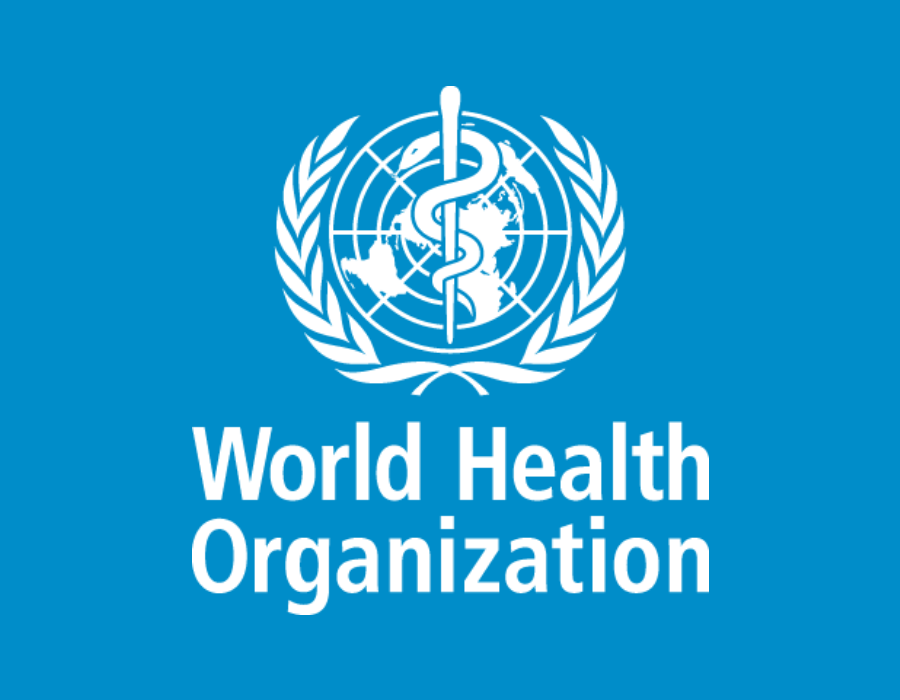About universal health coverage
Universal health coverage (UHC) means that all individuals and communities receive the health services they need without suffering financial hardship. It includes the full spectrum of essential, quality health services, from health promotion to prevention, treatment, rehabilitation, and palliative care.
Achieving UHC is one of the targets the nations of the world set when adopting the Sustainable Development Goals in 2015. Countries that advance towards UHC will make progress towards the other health-related targets, and towards the other Sustainable Development Goals.
Moving towards UHC requires strengthening health systems in all countries. Robust financing structures are key, as are the availability, accessibility, and capacity of health workers to deliver quality people-centred integrated care. Good governance, sound systems of procurement and supply of medicines and health technologies and well-functioning health information systems are other critical elements
WHO is supporting countries to develop their health systems to move towards and sustain UHC, and to monitor progress. It does so by collaborating with many different partners in different situations and for different purposes to advance UHC around the world.
Strong health systems are needed to ensure individual and global public health security. In 2015, the Ebola epidemic in West Africa highlighted the importance of health systems on the frontline of preparedness for epidemic surveillance and response.
We must ensure the capacity of health systems to take on public health emergencies, and continue to provide essential care under even the most challenging circumstances. Strengthening local, provincial and national capacities under the International Health Regulations (IHR 2005) is therefore a critical element of UHC.
Please click here to learn more about WHO’s work to achieve universal health coverage
By investing in health emergency preparedness, a key component of UHC, pandemics and health epidemics can be at best prevented, and at least detected and responded to quickly, minimizing their health, and economic impact.
With a health system leading intersectoral efforts for preparedness, an epidemic never becomes a pandemic, an outbreak does not become an epidemic, and outbreaks can possibly be prevented.
The Strategic Partnership for International Health Regulations (2005) and Health Security (SPH) underscores the need to support Member States to build and sustain strong national, regional and global frameworks for multi-sectoral collaboration and partnerships. These increase the effectiveness of health security governance and help strengthen health systems,making SPH an important tool to achieve universal health coverage.
SPH is currently mapping the resources that are relevant for universal health coverage, IHR (2005) and global health security.
|
Monitoring progress towards UHC should focus on 2 things:
Together with the World Bank, WHO has developed a framework to track the progress of UHC by monitoring both categories, taking into account both the overall level and the extent to which UHC is equitable, offering service coverage and financial protection to all people within a population, such as the poor or those living in remote rural areas. One of the 16 overall indicators towards achieving UHC is health security: compliance with the International Health Regulations. For more information on indicators, please click here |
